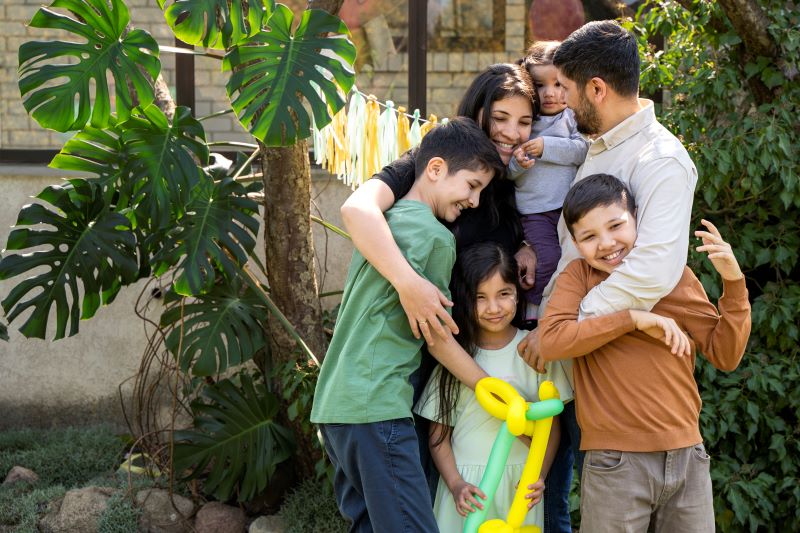Divorce Mediation or Family Law Mediation for South Asian families is an alternative dispute resolution method that allows spouses to have a say in the outcome of their dispute. Unlike a judge making a decision of the spouses or their children, the role of the mediator is not to make a decision, but to facilitate mutual agreement between the spouses.
Unique Family Law Issues Facing South Asians and How a Mediator Can Help
When East Indians, Pakistanis, Sri-Lankan or Afghani individuals are selecting mediators, it may be useful to look for mediators who have an understanding of some issues that are particularly unique to such cultures.
Some of these unique factors are:
- Dowry
- Gold
- The ownership of the Family Home
- The Extended Family and their rights
- Immigration Status and related implications
Let’s dive into each issue:
Dowry
Dowry, Mehrieh or Mahr is a common tradition within most of the South Asian families. Dowry is called a ‘marriage portion’ in Canada and is intended to a symbol of a man’s commitment to his wife in marriage (most South Asian countries do not recognize same sex marriages hence why we are using ‘man’ and ‘woman’).
Dowry usually comes in the form of gold coins or money and is payable to the wife at any time during the marriage or at the time of separation. Dealing with dowry in Canada is an extremely complicated matter because of the conflict between Canadian and South Asian family law. For a much deeper dive into the concept of dowry, click here.
A South Asian family law mediator is intricately familiar with such concept and can help you negotiate a settlement relating to this topic.
At YLaw, we have experienced South Asian Mediators who can assist you with your family law matter. They are:
Gold Given During Weddings
The giving of jewelry or gold by either party’s family to the other during the wedding is a South Asian custom that is practiced by many families in Canada. Often times during separation there can be disagreements as to whether these gifts were given as true gifts to the recipient spouse or if they were given based on the promise of marriage. Some cases have been decided in the former and some the latter. There are several factors to consider when determining how these gifts are to be allocated during separation. Regardless of which route is pursued, it can be helpful to retain a South Asian mediator who has some experience working with these types of gifts so that you can ensure the nuance associated with these types of gifts is fully appreciated when coming to resolution.
Beneficial Interest in the Family Home of Indians, Pakistanis, etc.
Another South Asian custom that is practiced by some families in Canada is the multi-generational home. In these arrangements, often times, 2, 3, and sometimes even 4 generations of a family live together in one home. Often, the intention is for the home to remain in the family and to be passed on to the next generation as time passes. Although some families will put the names of multiple family members on the title of the home, some families will only have one or two names on the title.
During separation, this can open up discussions as to whether a beneficial interest exists for the parties’ separating, regardless of whether their names are on the title. While there is law that favours either position depending on the specific facts of the case, it can be helpful to retain a mediator who has some experience with this issue so that the discussion can be facilitated in a manner that considers the various ways a court may view this issue, and hopefully assist in the resolution of the matter.
Family Dynamics and Extended Family
It is common in South Asian families for the extended family such as grandparents and aunts and uncles to be close. When it comes to mediating divorce, this can mean that there are other opinions that will need to be considered, or at the very least addressed. There are some cases where although parenting time is being arranged based on the parents’ schedules, the grandparents are also interested in regular contact with the children, perhaps because they used to live together with the children when the parties were still together.
While the law allows for extended family members to make their own applications for contact with children in very limited circumstances, at mediation, it can be useful to retain a mediator who understands these dynamics and cultural implications of separation on the extended family, as the mediator may be able to assist in facilitating a discussion that allows for some contact to be built into the agreement in different ways.
Immigration Status and Implications
Although not exclusive to South Asian families, another consideration is any implications that the separation may have on the immigration status of either party. In some cases where one spouse has sponsored the other to come to Canada based on marriage, the separation may affect the sponsored spouse’s ability to continue working or living in the country. This will then have an effect on how issues such as parenting arrangements and support are dealt with.
Family Law Mediation is a great way to try and reach resolution of your family law matter without engaging in the lengthy, costly, and public court process. For South Asian families pursuing divorce mediation, consideration of the above issues can assist in retaining a mediator who will hopefully be able to bridge the gap between the parties and assist in reaching a comprehensive resolution that has longevity and is catered toward the specific needs of the parties.
At YLaw, we have several experienced South Asian Mediators who can assist you with your family law matter. These are:
To learn about your rights and how to best prepare for your mediation, contact our award-winning divorce lawyers and mediators here or call us at 604-974-9529.
